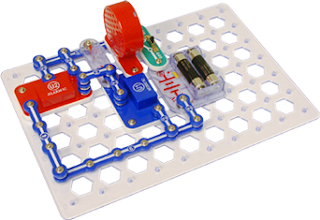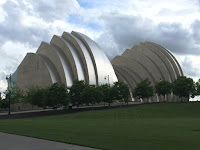The GenCyber program provides summer cybersecurity camp experiences for students and teachers at the K-12 level. The goals of the program are to help all students understand correct and safe on-line behavior, increase diversity and interest in cybersecurity and careers in the cybersecurity workforce of the Nation, and improve teaching methods for delivering cybersecurity content in K-12 computer science curricula.
Our vision is for the GenCyber program to be part of the solution to the Nation's shortfall of skilled cybersecurity professionals. Ensuring that enough young people are inspired to direct their talents in this area is critical to the future of our country’s national and economic security as we become even more reliant on cyber-based technology in every aspect of our daily lives.
To ensure a level playing field, GenCyber camps are open to all student and teacher participants at no cost. Funding is provided jointly by the National Security Agency and the National Science Foundation.
We started with a presentation by Captain Cliff Bean, Commander of NSA Hawaii (in Wahiawa). My takeaways from his talk:- need to create computer capacity in HI; 20% vacancy in the civilian force re. technical talent
- need to start with younger students
- "keys to the network are the keys to the kingdom" - key is not having a criminal record
- information age is not a fad - impacts all aspects of our lives
- technology is vast, fast, and decaying - YouTube Did You Know?
- 7 bill people on planet, 2 bill online every day
- in 1991 would have taken 16 days to download Lib of Cong; 0.0004 sec today
- amt of technical data is doubling every two years - outdated every two years
- to get technical companies to invest in HI, need to build workforce
The focus of the presentations to the PAEMST awardees last summer was on Big Data and STEM education, which includes computer science.
President Obama recognizes the value of GenCyber as the 4th R (computer science just as important as reading and writing. CS is core to every occupation. GenCyber is an investment by NSA. There are 64,000 jobs in cybersecurity and IT in the US.
Ojective of cybersecurity - prevent, deter, detect, and react to keep the world (phone, computer, clasroom) safe.
Most dangerous sites to visit: frequented by students
- porn
- song lyrics - generally not legal
- game cheats
- celebrity sites - info about
Activities and Resources
- Snap Circuits
- Little Bits
- Common Sense Media - online safety guide; great for use in health classes (mental/emotional health and well-being)
- Copyright and fair use animation
- full lesson plans
- Kahoot
- Quizizz
- Ozobots
- Computer Science unplugged
- Engineering Design Process from NASA
- Cubelets
- Code.org
- Code Combat
- game programmed using Python
- no need to sign in/create an account











